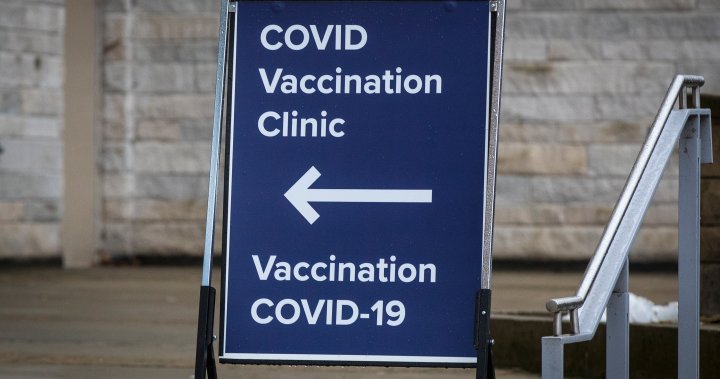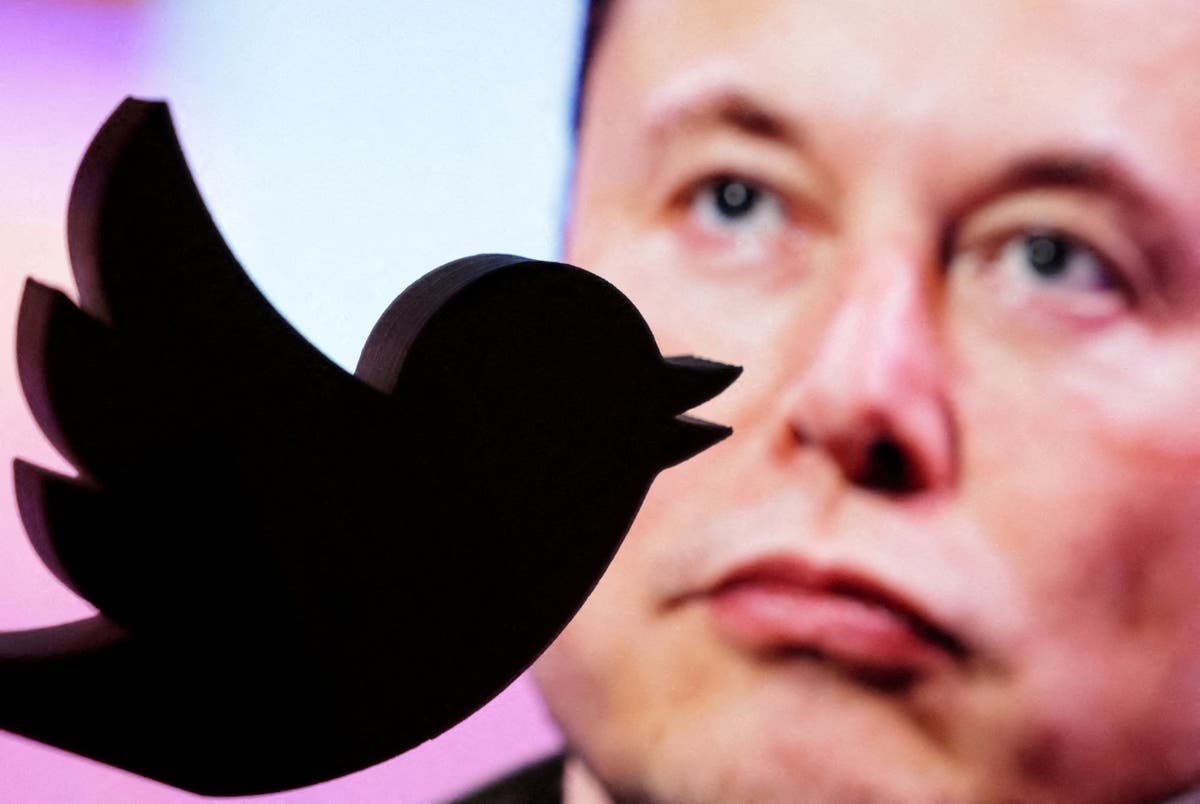Should you get the vaccine if you’ve already had COVID-19?
More than one million Canadians have tested positive for COVID-19 so far.
Should they also be signing up to get the vaccine when they’re eligible or does their prior infection offer enough natural immunity?
“There’s no reason not to have a vaccination after you’ve been exposed and caught COVID-19,” said Dave Evans, a professor in the department of medical microbiology and immunology at the University of Alberta.
Read more:
Premier says gathering limits can ease once half of Alberta has immunity. When will that be?
Alberta Health also encourages everyone who is eligible to get vaccinated, including if you’ve been infected with COVID-19.
The provincial health authority says there is no mandatory waiting period between having COVID-19 and being immunized. The recommendation is to wait until you’re no longer infectious and have recovered.
While natural immunity may offer some protection from reinfection, Evans says the variants of concern complicate things.
“Some of these variants… clearly can reinfect people who’ve already had COVID,” he said.
“I wouldn’t rely on having had the disease to protect you, especially if there are these new variants floating around.
“The ideal thing is to go and get a vaccination as soon as you can.”
Plus, the more people in the population who have immunity, the better, he explains.
“Vaccines aren’t perfect. They’re, generally speaking, not going to cause what’s called sterilizing immunity.
“If you’ve been vaccinated against a disease, odds are, if you’re suddenly exposed to that disease, you’re still going to get a little bit sick but the whole point of that immunity is that it will kick in much, much faster once it detects the presence of antigens a second or third time around.
“It’ll kick in much faster, and it will clear it and stop it much faster,” Evans said.
“When you calculate the value of these vaccines, it’s with one dose, you may not get sterilizing immunity but you’re going to be a lot better if you do get exposed to COVID-19,” he explained.
“The vaccines don’t have to be perfect; they only have to sort of help a lot in reducing your infectiousness and spread of the virus.”
Alberta Health’s website says: “Until most Albertans are protected, fully vaccinated people must still follow all health measures: no indoor gatherings, keep two metres apart, wear a mask in public and stay home when sick.”
For some illnesses, Evans says, the vaccine is actually more effective in generating an immune response than contracting the disease itself.
“People just need to bite the bullet, hang in there, get the vaccines, take the vaccines, continue to do their best to stop the spread, and if everyone does it, then I think we’ll be OK,” Evans added.
“But if people refuse to take this seriously or think that they’re so special or have some belief that they’re OK and not going to get COVID-19, then we’re not going to be able to stop this, and we’ll continue to see this repeated cycle of infection and economic destruction.”
Read more:
Have a vaccine hesitant friend or family member? Experts offer tips on addressing concerns
As of April 13, 1,004,123 doses of vaccine had been administered in Alberta.
Find more COVID-19 information for Alberta’s vaccine rollout and eligibility, and how to register for your free vaccination on the government’s website.
© 2021 Global News, a division of Corus Entertainment Inc.









